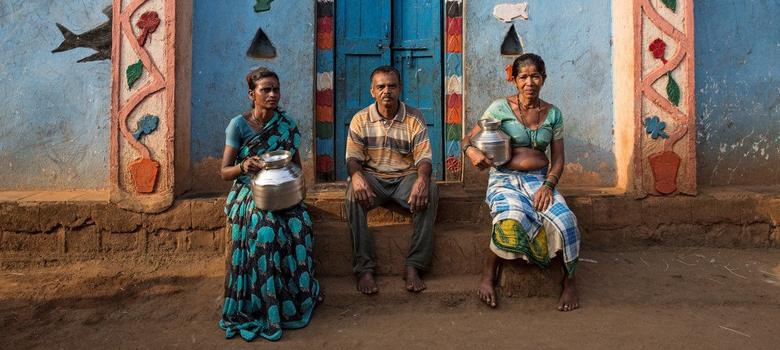This is the Second part of two part series on Covid’s impact on Indian women.
The Constitution of India states, Justice, Liberty, Equality as well as Fraternity are inherently and universally for each and every Indian citizen of the state. Being treated equally, in a fair and just manner is of utter importance to each and every individual. Therefore treating even one citizen in an unfair, unjust and unequal manner means, we are violating the law and restricting the nation from progressing and developing. Sadly, there has always been one half of the section of society that has not been recognized and has been virtually invisible- discriminated against as well as taken for granted. The pandemic, on the other hand did not just bring life to a halt, t it also saw an increase in gender discrimination – domestic violence cases, lack of education, low wages in the workforce, enhanced focus on the women in the household, massive digital divide –with lesser access to the women, bringing the marginalized and poor women to the bottom of the hierarchy.
The mitigation of this disparity that will help decrease the justice gap between the men and women is the introduction of policies, programs and strict laws supporting women wherein, the decision makers have to be not just men, rather there should be a good section of women lawmakers involved. Since it concerns women’s issues, it is imperative that there is a substantial section of the representations that are women. As Valji states, “If there were more female leaders, the world might have been able to anticipate some of the crises it is facing now, such as an increase in violence against women”. She goes on to state that “The fact that we do not have women in leadership roles decision-making on the response to this pandemic means that we are missing huge pieces of information, of experience,” and she further emphasizes, “And that affects everybody.”
What should the government response be? Major changes that can be made by the Government of India are firstly, bring about the immediate prevention and response to intimate partner violence whereby, the Delhi Commission of Women (DCW) has already set up a helpline number (181) and various Whatsapp and social media platforms have been set up for the victims to be able to contact the concerned authorities for help. The authorities have also come about with creative solutions for the marginalized women with no access to technology – to be able to contact the concerned authorities. Rights holders and duty bearers, on the other hand must be and are automatically protected at all times – this gives them the enhanced access to safe spaces, hotlines as well as well as protective legislation for victims of domestic violence.
Including women as decision makers is of utmost importance, without which we are definitely not heading towards a more equal nation. Women judges, police, prosecutors, lawyers and legal aid providers, and associations of women working in the justice sector play an important role in shaping the justice for each and every individual. It is absolutely crucial to boost levels of women’s participation in justice delivery to promote its transformational potential and the essence of equality before the law. The next response which is of utmost importance has to be to keep a check on the discriminatory laws being repealed – there has to be a way in this pandemic era for the citizens and the lawyers to be able to keep a check and have a vote on what laws are being passed as well as annulled. However, a major digital divide also plays a role in gender inequality, especially during COVID 19 – whereby, the poor, marginalized women do not have access to technology and therefore, don’t have a say in many matters. Finally, “the leave no one behind” agenda is seen as an absolute significant criteria – Indian lawmakers and citizens cannot afford to and should not forget or undermine the importance and significance of justice for womens justice in the pandemic. COVID 19, is definitely a crucial issue – but ignoring and discriminating against one section of society is just going to take the pandemic longer to get better. As Melinda Gates states – overhauling and repairing systems could allow the governments to work toward a more, prosperous and equal society. India therefore needs to urgently come about with strict laws and policies that will help reduce the gender justice gap.
Image – Danish Siddiqui/Reuters

